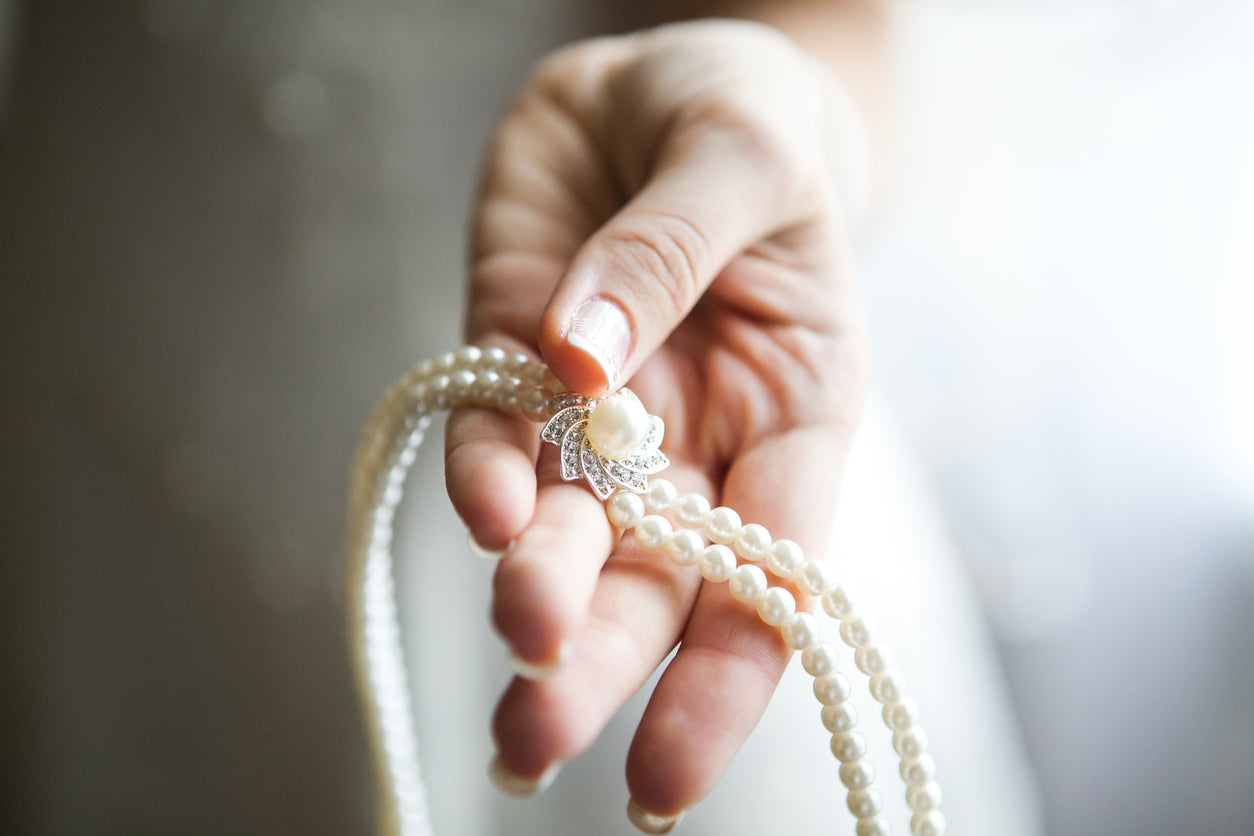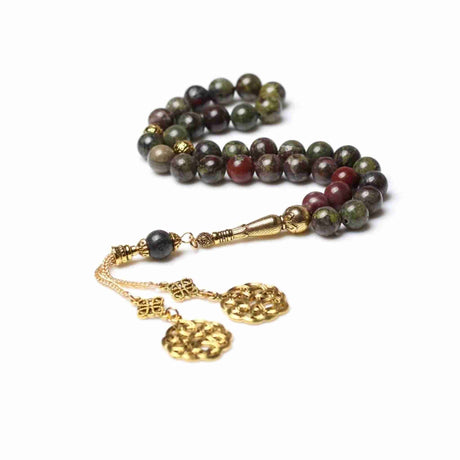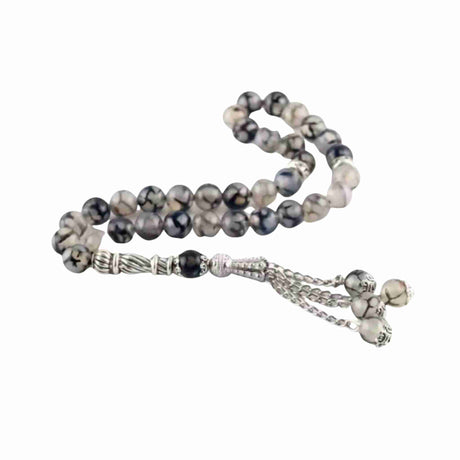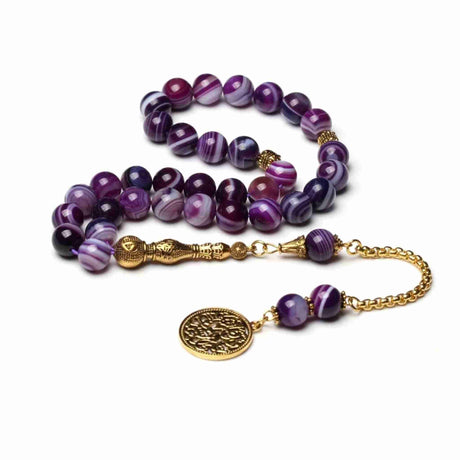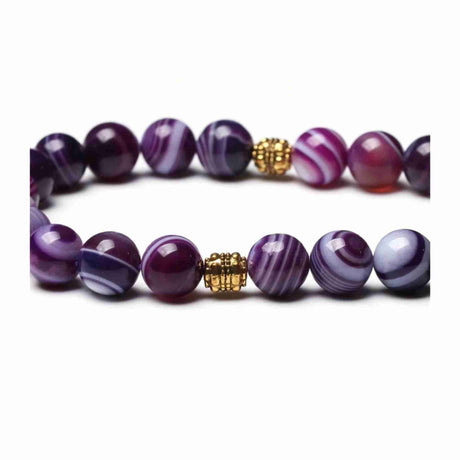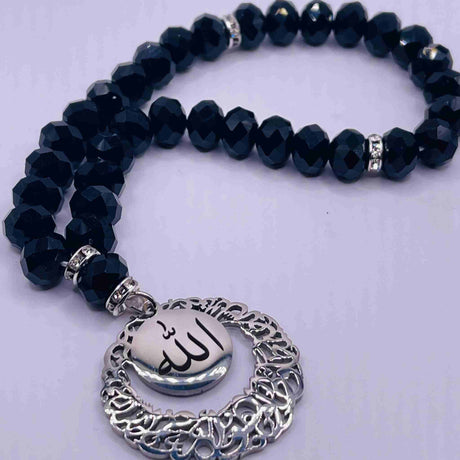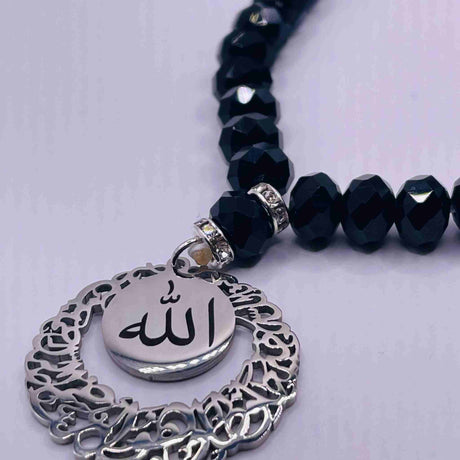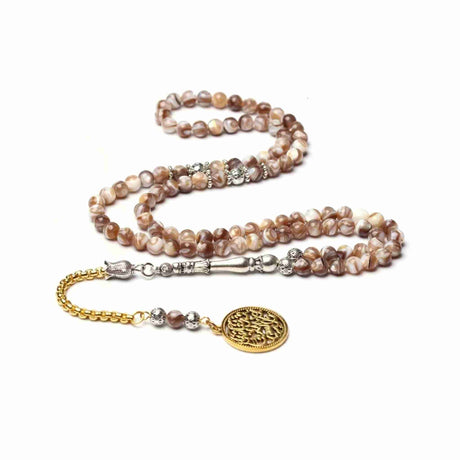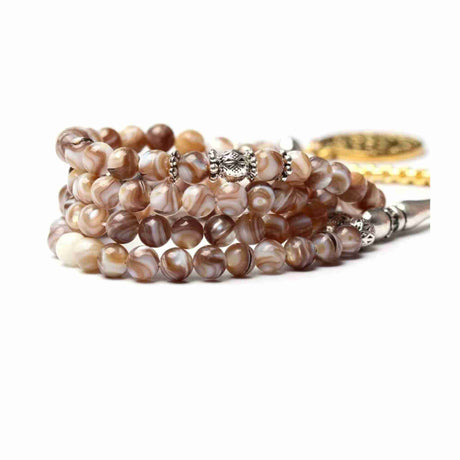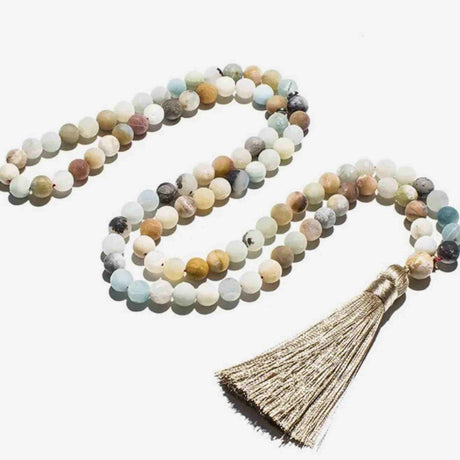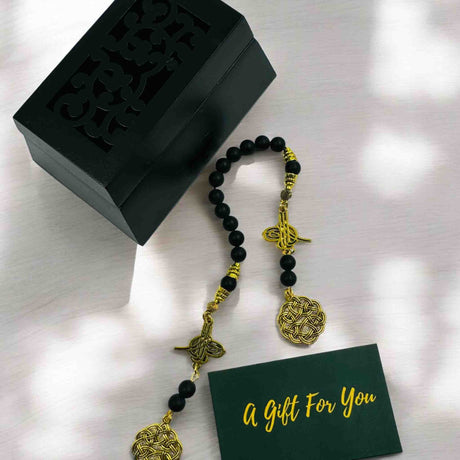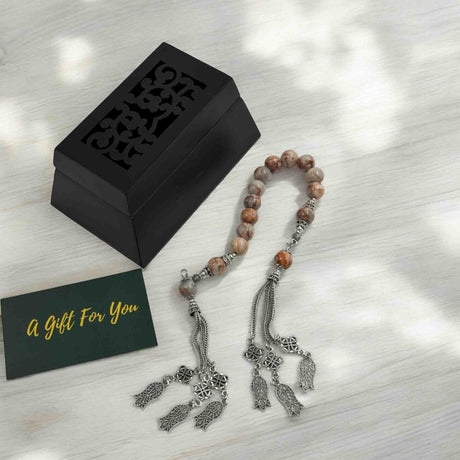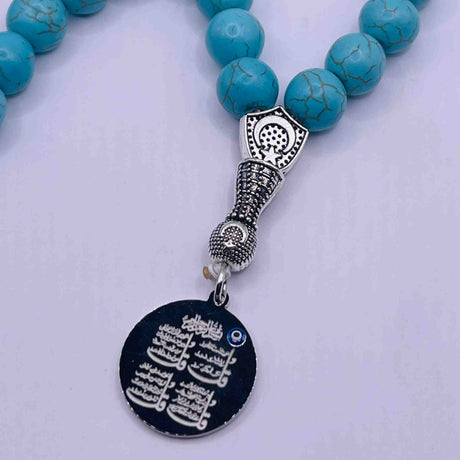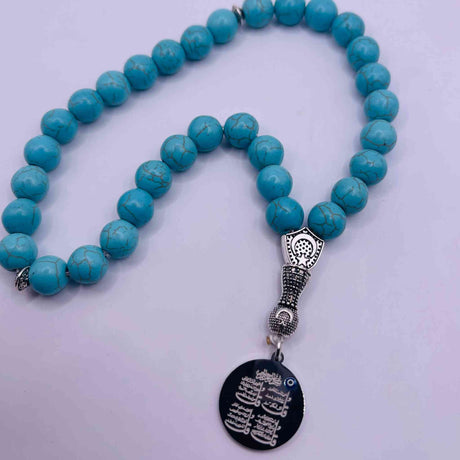Key Takeaways:
- Post-Prayer Supplication: The article emphasizes the importance of engaging in dhikr (remembrance of Allah) after completing the obligatory prayers.
- Following the Sunnah: The specific dhikr phrases and sequence mentioned are based on the teachings of Prophet Muhammad (PBUH), providing a guided approach for believers.
- Seeking Peace and Protection: The dhikr includes prayers for safety, entering Paradise, and seeking refuge from Hellfire, demonstrating a holistic approach to spiritual well-being.
Next, Dhikr continued with a speech of:
اللَّهُمَّ أَنْتَ السَّلَامُ، وَمِنْكَ السَّلَامُ، وَإِلَيْكَ يَعُودُ السَّلَامُ، فَحَيِّنَا رَبَّنَا بِالسَّلَامِ، وَأَدْخِلْنَا الْجَنَّةَ دَارَ السَّلَامِ، تَبَارَكْتَ رَبَّنَا وَتَعَالَيْتَ يَا ذَا الْجَلَالِ وَالْإِكْرَامِ.
Allahumma antassalam, wamin kassalam, Wa Ilayka ya ‘udussalam, fahayyina rabbana bissalam, Wa adkhilnal Jannata daa rassalam, tabarakta rabbana wata ‘aalaita ya zal jala li wal ikram Meanings: O Allah, You save, from You salvation to You return salvation. To revive us, O God, in safety. Enter us into heaven, the land of security. So sanctify You, O our Lord, the God of greatness and glory.
Next, continued with the recitation of Al-Fatihah
بِسْمِ اللَّهِ الرَّحْمَنِ الرَّحِيمِ. الْحَمْدُ لِلَّهِ رَبِّ الْعَالَمِينَ. الرَّحْمَنِ الرَّحِيمِ. مَالِكِ يَوْمِ الدِّينِ. إِيَّاكَ نَعْبُدُ وَإِيَّاكَ نَسْتَعِينُ. اهْدِنَا الصِّرَاطَ الْمُسْتَقِيمَ. صِرَاطَ الَّذِينَ أَنْعَمْتَ عَلَيْهِمْ غَيْرِ الْمَغْضُوبِ عَلَيْهِمْ وَلَا الضَّالِّينَ.
Bismillāhir-raḥmānir-raḥīm. Al-ḥamdu lillāhi rabbil-‘ālamīn. Ar-raḥmānir-raḥīm. Māliki yaumid-dīn. Iyyāka na‘budu wa iyyāka nasta‘īn. Ihdinaṣ-ṣirāṭal-mustaqīm. Sirāṭallażīna an‘amta ‘alaihim, ghairil-magḍūbi ‘alaihim wa laḍ-ḍāllīn.
In the name of Allah, the Entirely Merciful, the Especially Merciful. [All] praise is [due] to Allah, Lord of the worlds. The Entirely Merciful, the Especially Merciful, Sovereign of the Day of Recompense. It is You we worship and You we ask for help. Guide us to the straight path. The path of those upon whom You have bestowed favor, not of those who have evoked [Your] anger or of those who are astray.
Enhance your dhikr practice with our collection of beautiful prayer beads and other Islamic accessories.
Explore more articles on Islamic practices and traditions in our comprehensive blogs.
Frequently Asked Questions:
Q: What is dhikr, and why is it important after prayer?
A: Dhikr is the remembrance of Allah through words, phrases, or prayers. It is encouraged after prayer to maintain a spiritual connection with Allah and express gratitude for His blessings.
Q: Why are these specific dhikr phrases recommended?
A: These phrases are based on the Sunnah (teachings and practices) of the Prophet Muhammad (PBUH), making them a blessed and effective way to engage in dhikr.
Q: Can I recite other dhikr phrases in addition to the ones mentioned?
A: Yes, you can add other dhikr phrases from the Quran or authentic Hadith, as long as they align with Islamic teachings.
Q: Is it better to recite dhikr silently or aloud?
A: Both silent and audible dhikr are permissible. Choose the method that helps you focus and connect with Allah most effectively.
Q: How can I incorporate dhikr into my daily routine, beyond just after prayers?
A: You can make dhikr a part of your daily life by reciting it while walking, working, or before sleeping. You can also use prayer beads to help you keep track of your recitations.

